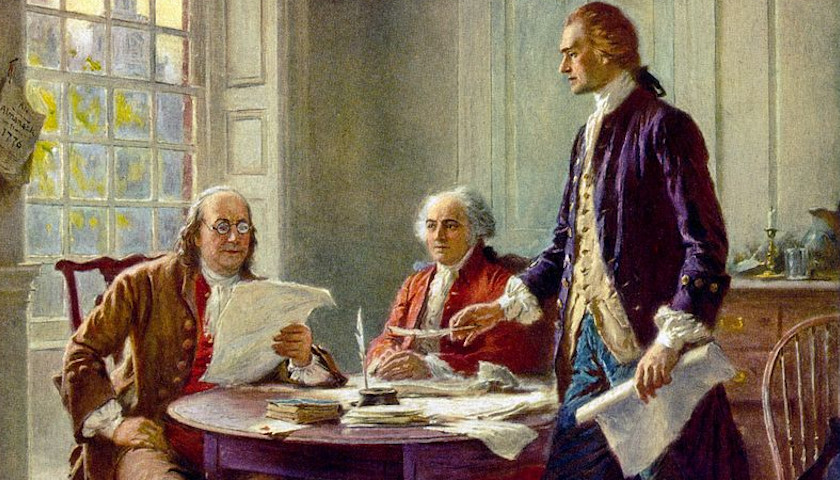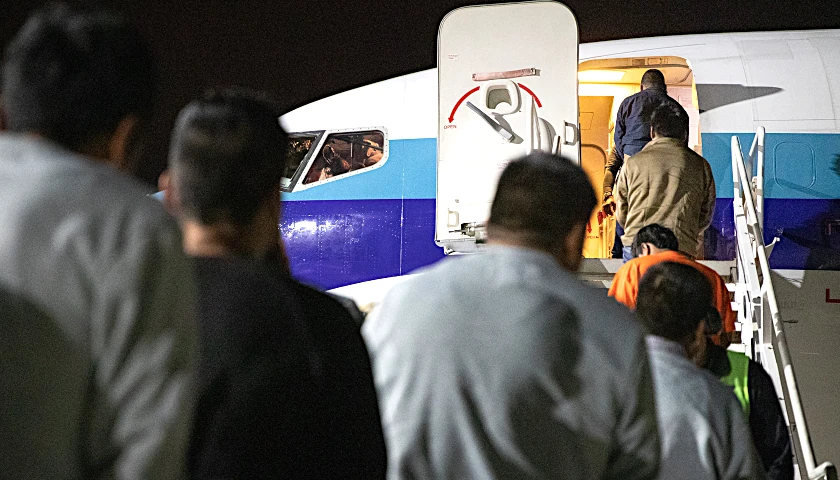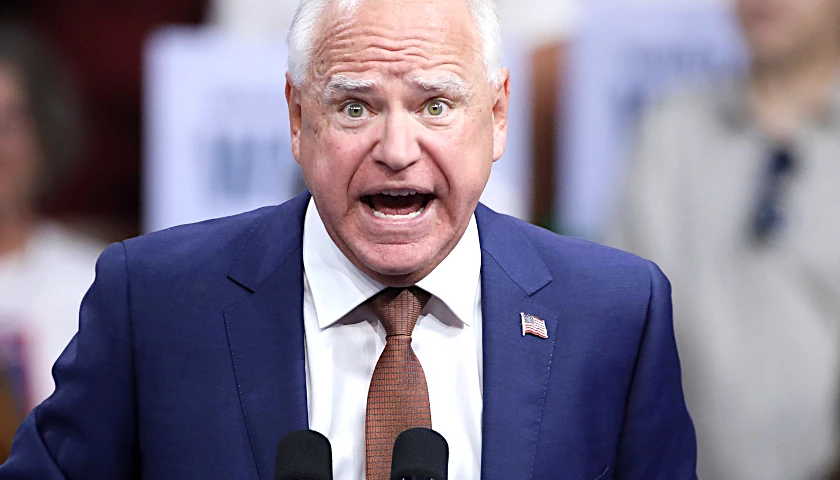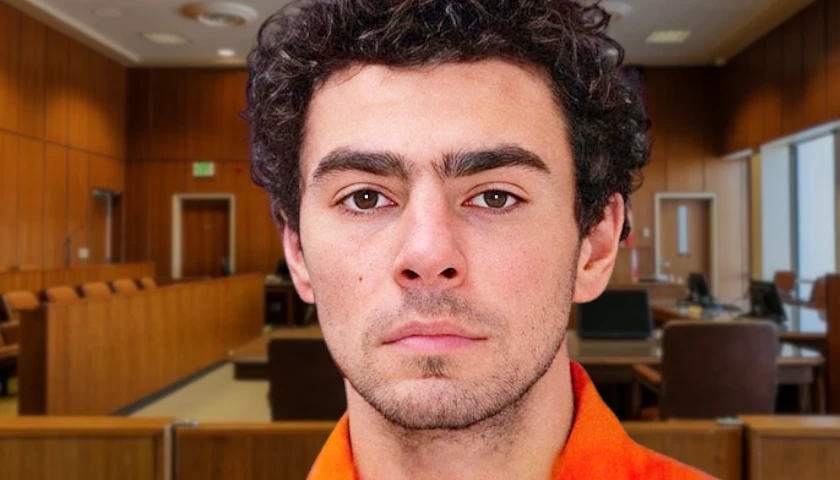by Mike Sabo
“We take seriously the idea that a republic cannot long survive without a virtuous citizenry,” says Brenda Hafera of The Fund for American Studies.
TFAS’s mission is to “win over each new generation to the ideas of liberty, limited government, and free markets” by offering educational programs for students and young journalists around the world.
Charles Edison, a former governor of New Jersey and son of the inventor Thomas Alva Edison, founded TFAS in 1967 amid sweeping cultural changes spurred in part by the sexual revolution and opposition to the Vietnam War. Edison gathered top American scholars and intellectuals such as National Review founder William F. Buckley to teach college students about the American political tradition.
Unfortunately, defamation of America’s past remains widespread today. Hafera, TFAS’s Director of International and Continuing Education Programs, argues that the New York Times’s 1619 Project and other “narratives that denigrate the Founding in our common culture” erode civic unity and sow distrust among Americans.
To restore understanding of the American mind, TFAS teaches students how to protect and perpetuate the principles of the Declaration of Independence and Constitution by cultivating “the habits of a free people” – the “don’t tread on me” virtues of spiritedness, resiliency, and adventurousness that Hafera argues are pivotal to maintaining republican government.
TFAS offers more than 20 programs that engage “substantively in the principles of free enterprise, limited government, and civic responsibility,” Hafera says. It boasts an impressive network of over 42,000 alumni – many serving as mentors, intern sponsors, and guest speakers – who hail from six continents and more than 140 countries.
The Robert Novak Journalism Fellowship Program is one of the most prestigious of TFAS’s offerings. Director Daniel McCarthy says that the Novak Fellowship carries on the legacy of the famed reporter and political commentator Robert Novak “by giving early career journalists the funding to pursue a major reporting project of their own choice over the course of a year.” Past notable fellows include Mollie Hemingway of Fox News and The Federalist, Tim Alberta of The Atlantic, and Steve Hayes of The Dispatch.
Fellows can receive up to $75,000 for conducting in-depth analysis of a topic they otherwise would not have had the time or resources to pursue. For example, 2019 Fellow Chris Moody of CNN wrote about the tens of thousands of miles he and his wife traveled in their cargo van, traversing the United States in search of the meaning of the American dream today. Applications for the program open in March.
McCarthy also points to the Joseph Rago Memorial Fellowship for Excellence in Journalism, which honors the memory of the Pulitzer Prize-winning Wall Street Journal editorialist Joseph Rago by offering a new writer each year the chance to work at the Journal for a nine-month paid internship. The application deadline for the 2021 Rago Fellowship is Feb. 15th.
Other TFAS offerings include D.C. summer internship programs, which give students worldwide the opportunity to work as interns in media, the federal government, or nonprofit organizations in Washington for college credit; the Public Policy Fellowship, which teaches young policy professionals foundational republican principles over the course of a year; the Capital Semester Programs, which offer students the chance to take classes and intern for a semester in Washington; and the Summer Law Fellowship, an intensive nine-week program that prepares law students to defend the principles underpinning a free society.
For international students, TFAS hosts annual programs in Prague, Santiago, and Singapore, in which students explore these cities and take courses in journalism, political philosophy, and political economy.
Hafera says that TFAS “programs seek to foster responsible citizens as well as future influencers,” noting that for many students, “their experience at TFAS is their first opportunity to engage with classical liberal ideas.”
TFAS’s Foundation for Teaching Economics program introduces high school students and teachers to “economic ways of thinking about national and international issues” and promotes “excellence in economic education by helping teachers of economics become more effective” in the classroom.
Additionally, TFAS’s Teaching Freedom initiative offers free e-books and webinars, and eventually a complete online course, to address key topics in American culture. In “Marx and the False Communist Promise,” TFAS Professor David Azerrad (who also wrote an essay for RealClear’s 1776 Series) argues that while “orthodox Marxist communism is largely dead,” Marx’s legacy holds considerable influence in American culture, as demonstrated by the popularity of identity politics and democratic socialism.
Through its numerous programs, TFAS works to teach the American legacy of liberty rightly understood to students and teachers across the nation and around the world.
– – –
Mike Sabo is the editor of RealClear’s American Civics portal.








